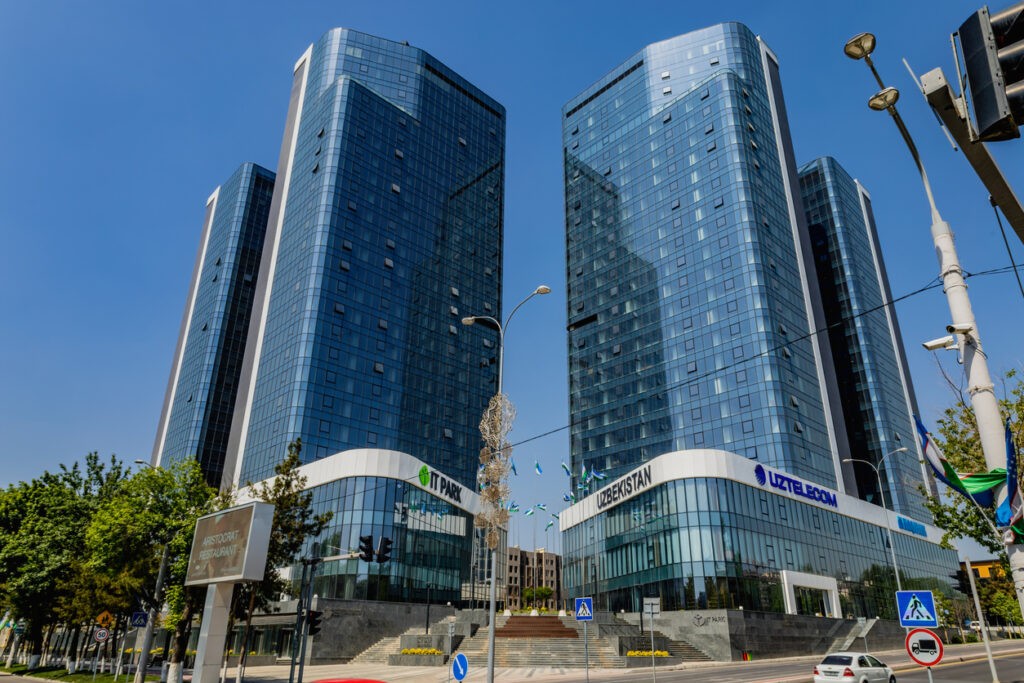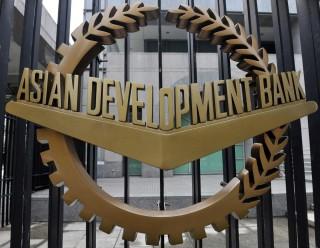BISHKEK (TCA) — As the number of non-performing loans is growing in Kyrgyzstan, Kyrgyz lawmakers have suggested the National Bank of the Kyrgyz Republic (NBKR) analyze how loans taken by citizens have improved their lives.
According to the NBKR, some 28% of borrowers periodically have problems with repayment of loans and the cases of 8% (178 borrowers) have been considered in courts; 14% or 303 borrowers refused to pay and do not want to contact with the banks; and 42% have no problems with repayment.
Given that there are more than 400 thousand borrowers in the microcredit sector alone, the percentage of problem borrowers is very low compared to many other countries.
Commenting on the bad loans, the NBKR said they now account for 7-8% of the total loan portfolio, which is non-critical.
Unrealistic demands
Protests of borrowers unable to repay loans recently occurred in the country. Borrowers indebted to microfinance companies asked to adopt a law on bankruptcy of individuals. They also asked the Government to provide them with temporary funds for repayment of loans.
Prior to that the Parliament adopted a law on credit activity to protect the interests of borrowers. In 2011, amendments regarding the status of customers were introduced into the law, eliminating the practice of seizure of the customers’ property without a court ruling.
Unable to repay the loans, the borrowers united into an organization which included borrowers who received loans in banks and from private lenders. They demand that the Government allocate funds from the Russian-Kyrgyz Development Fund to repay their debts.
Financial illiteracy
The borrowers claim the reason for their debts is the bank’s high interest rates and manipulation of credit institutions.
There was a case when, because of a loan of 20 thousand soms, a rural borrower had to sell his home, car, land, and cattle. As it turned out, he took a loan from a private lender at 150 percent, and when he delayed repayment, there were a huge interest and fine. To repay the loan, he had to take a second and a third loan.
Results of a survey conducted in 30 villages showed that the majority of borrowers did not pay any attention to the terms and conditions of their loans, and private credit companies took advantage of that. According to the survey, most of the loans were used for purposes other than initially indicated: 25% of respondents used them for various festivities, and 8% for funerals. When applying for loans, they indicated a fictitious business plan “because they urgently needed money.” 95% of the borrowers were little aware of the terms and conditions of their loans.
Obligations must be fulfilled
Borrowers’ protests began in 2010, with protesters raiding bank offices and rallying in the central square of Bishkek. But it turned out that there were very few troubled borrowers among the protesters.
According to the Association of Microfinance Organizations, the Association of Borrowers is misleading the public in order to cancel penalties on loans. But if the borrowers do not fulfill their obligations, the financial sector may collapse. Banks are financial intermediaries that attract funds of depositors and creditors, and then on-lend them to customers.
Some experts believe there are certain political forces behind the borrowers’ movement. Taking advantage of the financial illiteracy of the population, they are trying to fool the borrowers, saying that their debts may be written off.
The borrowers and some politicians want the interest rate on loans not to exceed 7% per annum. However, this is not possible in poor Kyrgyzstan due to its macroeconomic situation.
Some borrowers claim their loans can be forgiven since they were not familiar with the terms of the loan due to their illiteracy. This, however, is not acceptable for the banks that have commitments before other customers.
The banks are ready to talk to each debtor individually and may even extend repayment periods, but such issues can be solved by negotiations and legally, but not on the streets.









